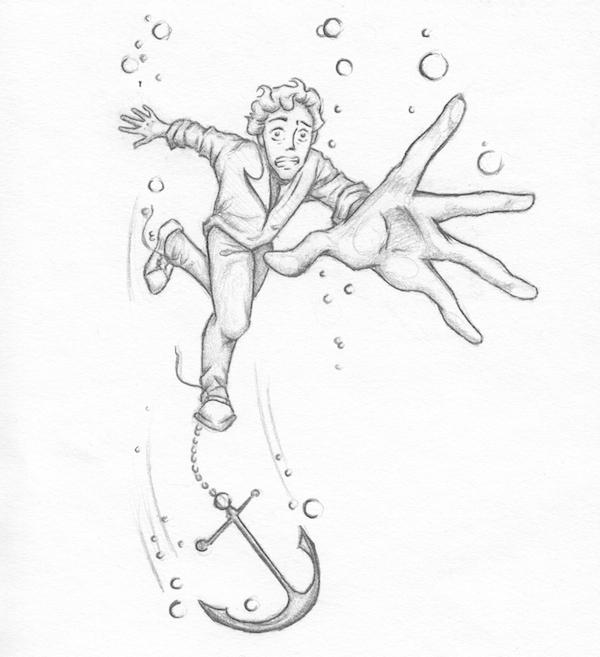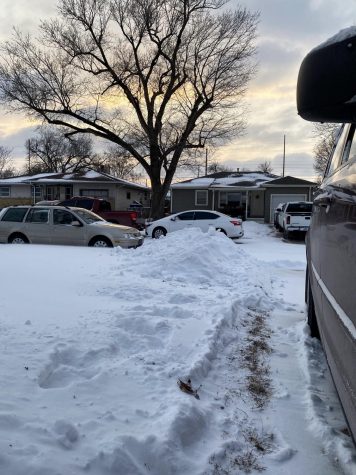Depression is Real
Kurt Cobain. Heath Ledger. Whitney Houston. Robin Williams. At least one of these names will register in your mind, and it wouldn’t be surprising if they all did. The four listed above have made their marks on the world, but their fame isn’t the only similarity that runs between them.
With the recent death of Robin Williams, the topic of depression has been discussed by word of mouth, school assignments, and on the news. The death of the beloved actor came as a shock, many people not even aware that the man, who was seen by friends, co-stars, and fans as one of the happiest people on earth, had depression.
But that’s a common theme with depression, typically depressed people are depicted as being bed-ridden and incapable of functioning, but in reality people can smile, function, and seem as if they’re going about day-to-day life without a hitch. According to Depression and Bipolar Support Alliance (DBSA), experts estimate that 5% of all teenagers will suffer from depression. Unfortunately, only 20% of depressed teens are appropriately diagnosed and treated. Meaning that of our estimated 1,400 adolescents, 70 of our students will be diagnosed with depression, and 14 of them will go untreated. That’s merely in our school alone.
It’s very important for students in various situations to understand that they are not alone, but even more so when they’re finding themselves feeling depressed. Remember that you’re important, that people care about you, and you can reach out and look for the help you need. It isn’t your job to pretend to be happy, but rather find the resources to help make yourself happy.
As students of Northwest, we should take our Pride, Excellence, and Respect to the next step and try to understand that depression is a disease. It’s not someone having a bad day, it isn’t someone upset because of “something small”, and it most definitely isn’t something they’re merely whining about and need to “get over it”. It’s real, it’s harmful, and it can hurt them on multiple levels. Offer a shoulder for them to lean on, an ear for them to talk to, or a place for them to go when they think they have no where else. Because sometimes, a person them up when they’re down is all they need to start seeking the help they need.
If you feel depressed, helpless, upset, or just as if the world is against you at any point and time, there are several resources you can use to your advantage. First and foremost, talk to someone you trust; a parent, guardian, counselor, teacher, or friend, they all have resources and care about you, they’ll want to help. There is also several websites that allow you to seek the advice and words of people from all over the world such as the http://thequietplaceproject.com/, which is a site that has various tools to help you vent and release any negative thoughts or emotions. Finally, should you find yourself in a particularly dark place, the suicide hotline is always in operation, and easy to access. Simply dial 1-800-273-TALK (8255) to be connected to an operator who will listen to your current situation and help to the best of their abilities.
Remember, Grizzlies that this is a disease, not a choice, and you must attempt to respect, understand, and help those around you, and that seek your help.
That way, you are never alone.




Michelle Ronald • Jan 14, 2015 at 6:46 PM
There’s definately a great deal to know about this subject.
I love all of the points you’ve made.